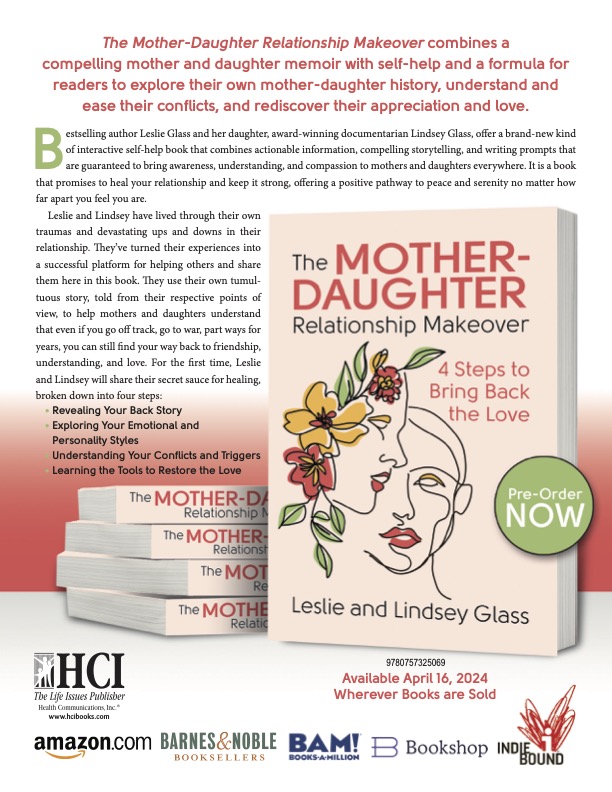Tools To Regulate In Recovery: Our Go To List
Updated 4/8/25 Regulate in recovery? How to get that done every day? We joke about the HALT term. It’s the acronym for Hungry, Angry, Lonely, Tired, and it was created to help us stay centered as we move through our days. My recovery is 100% affected by how I regulate myself. Let me explain. One thing became crystal clear as my years passed in recovery: when I followed a healthy lifestyle, my life/recovery was easier to manage.
What Does Regulate In Recovery Mean
When I am well exercised, rested, nourished and cared for, I don’t feel restless, irritable, and discontented. No, this didn’t come easy. Yes, it took years of practice, but I’m pretty disciplined now. I don’t want to feel crummy because I’m eating poorly and feel bloated. I hate feeling anxious because I’ve had nothing to eat but coffee all day, and I do my very best to stay away from feelings of anger, or resentment, whenever possible. So, great, Yay for me. It’s nice that I have some tools and knowledge about how to care for myself today, but there’s more to it.
The Main Challenge To Regulate In Recovery Is Reality
Reality is always going to enter the picture. No matter how careful I am, bad things are going to happen, and good things are going to happen. Professional successes come up and steal the spotlight creating heightened emotions. Professional mistakes or failures occur that get me all shook up. I seem always to have lots of change in my life, so if I’m not vigilant about regulation, I’m screwed.
Regulate In Recovery And Banish Wishful Thinking
Here’s another challenge: my thinking. I regularly get caught up in thinking someone, or something is going to complete my life. I have to regulate my thinking as well as my physical habits. It’s easy to remember to eat when you realize you’re hungry, or to take a nap when you realize you need one. It’s much harder to know what to do when you feel lonely, or angry.
Regulate In Recovery: How To Know What You’re Thinking
Personally, I’ve spent some time figuring out how to understand what I’m feeling. This required the help of people who people who know like therapists and other experts, even being in groups. But internalizing what I heard was only part of it. Reading up on recovery and behaviors and writing about the past and my emotions keeps me centered.
Writing is part of recovery for many people. Writing (or journaling) helps clarify what’s going on for me. Once I’m clear, I usually have a better answer of what to do next. A dear friend once told me, when you don’t know what to do, don’t do anything. The answer will eventually come clear. With a little practice, I now know when to do what. For example, don’t do nothing when someone is expecting an answer.
Buy the book Now!
I challenge you to think about how you regulate yourself. What do you do when you feel dreaded feelings? What’s your care-level these days? Sometimes, we get too busy doing life we forget how to take a moment and make sure we’re covered.
More Lindsey Articles To Read
Do You Feel Bad About Missed Opportunities
Don’t Give Up Sobriety Takes Time To Love
Embrace Hygge For Happiness This Summer
What To Do When You’re Feeling Hopeless






















